aquarium water algae control
د.إ 13.00 – د.إ 36.00
Brand: Tropical
Origin: Poland
Type: ALGIN
Description: algae control in the aquarium Aquarium preparation for limiting the growth of algae, which in favourable conditions
Weight: 50ML, 250ML
aquarium water algae control
Algin – algae control in the aquarium
ALGIN anti-algae agent. Aquarium preparation for limiting the growth of algae, which in favourable conditions may turn into real infestation, very difficult to fight. Such a plague effectively limits and inhibits the growth of higher plants, eventually leading to their death. For this reason fighting algae is necessary, even if difficult. Algae growth is facilitated by the increased hardness of water and high concentration of nitric compounds.
Dosage: 10 ml/100 litres of water
aquarium water algae control
Ingredients
Together with this preparation we recommend: Test 6in1, Test NO3, Bacto-Active, Torfin Complex, Querex
An active substance: copper sulphate pentahydrate 300 mg / 100 ml.
some advice
Controlling algae in aquarium water is essential for maintaining a healthy aquatic environment for your fish and plants. Here are some methods to help manage algae growth:
- Regular Water Changes: Performing regular water changes helps remove excess nutrients that algae thrive on, such as nitrates and phosphates. Aim for weekly water changes of around 10-20% of the aquarium volume.
- Proper Lighting: Algae need light to grow, so controlling the intensity and duration of lighting can help. Ensure your aquarium light is not on for too long each day (typically 8-10 hours is sufficient) and consider using a timer to regulate the lighting cycle.
- Algae-Eating Fish and Invertebrates: Introducing algae-eating species like Siamese algae eaters, otocinclus catfish, or certain species of shrimp can help keep algae under control. However, be cautious not to overstock your aquarium.
- Manual Removal: Regularly clean the glass walls and decorations of your aquarium to remove algae buildup. A simple algae scraper or brush can be used for this purpose.
- Algae Control Products: There are various commercial products available that can help control algae growth, such as algicides or chemical treatments. However, use these products with caution and always follow the instructions carefully, as they can affect the balance of your aquarium.
- Optimize Filtration: Ensure your aquarium filtration system is functioning properly and adequately sized for your tank. A good filtration system helps remove waste and excess nutrients from the water, reducing algae growth.
- Limit Nutrient Input: Be mindful of overfeeding your fish, as uneaten food can contribute to excess nutrients in the water. Feed your fish only what they can consume in a few minutes to prevent food from decomposing and releasing nutrients into the water.
- Live Plants: Adding live plants to your aquarium can help compete with algae for nutrients and provide natural filtration. Additionally, some aquatic plants release substances that inhibit algae growth.
By implementing a combination of these methods and maintaining a balanced ecosystem, you can effectively control algae growth in your aquarium and create a healthier environment for your aquatic inhabitants.
| Milliliters | 250ML, 50ML |
|---|
Be the first to review “aquarium water algae control” Cancel reply
Related products
Aquarium Care

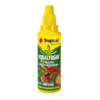
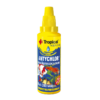
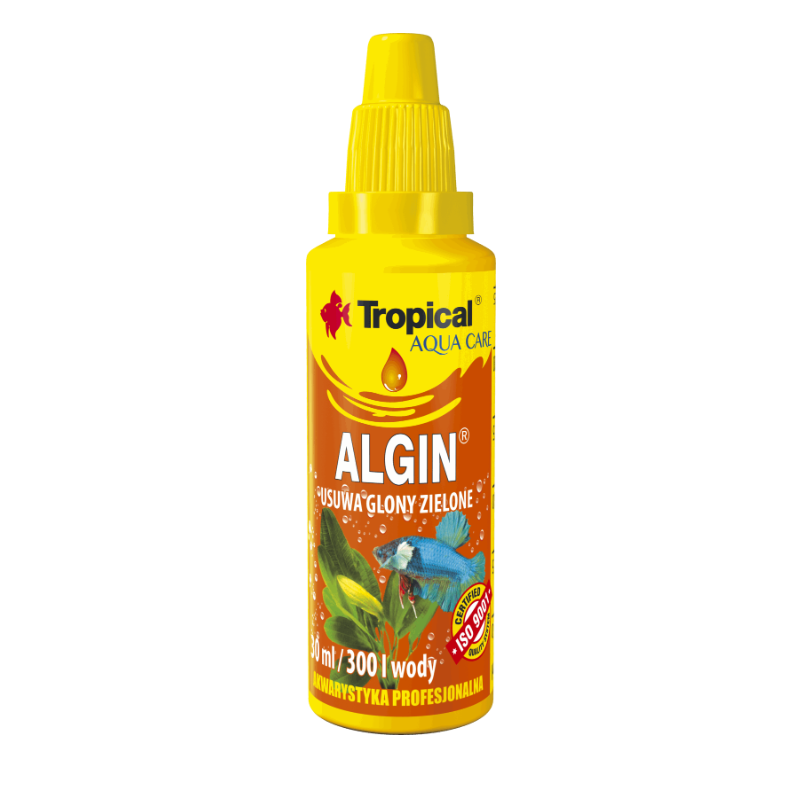
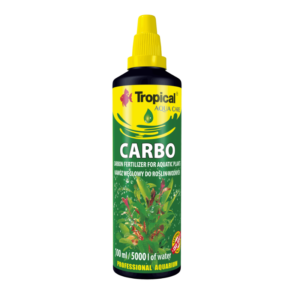
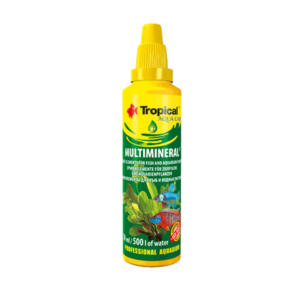
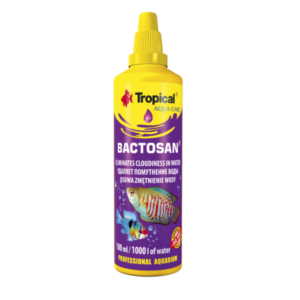
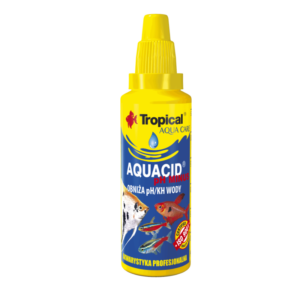
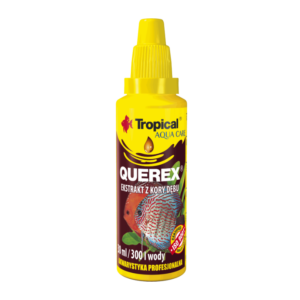
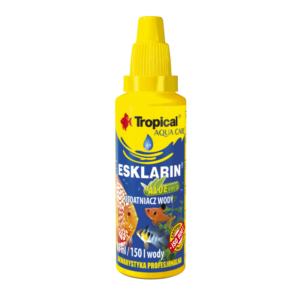
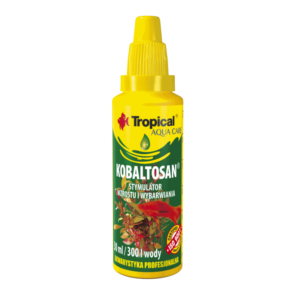
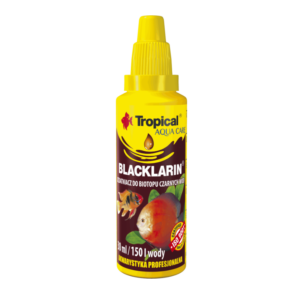
Reviews
There are no reviews yet.